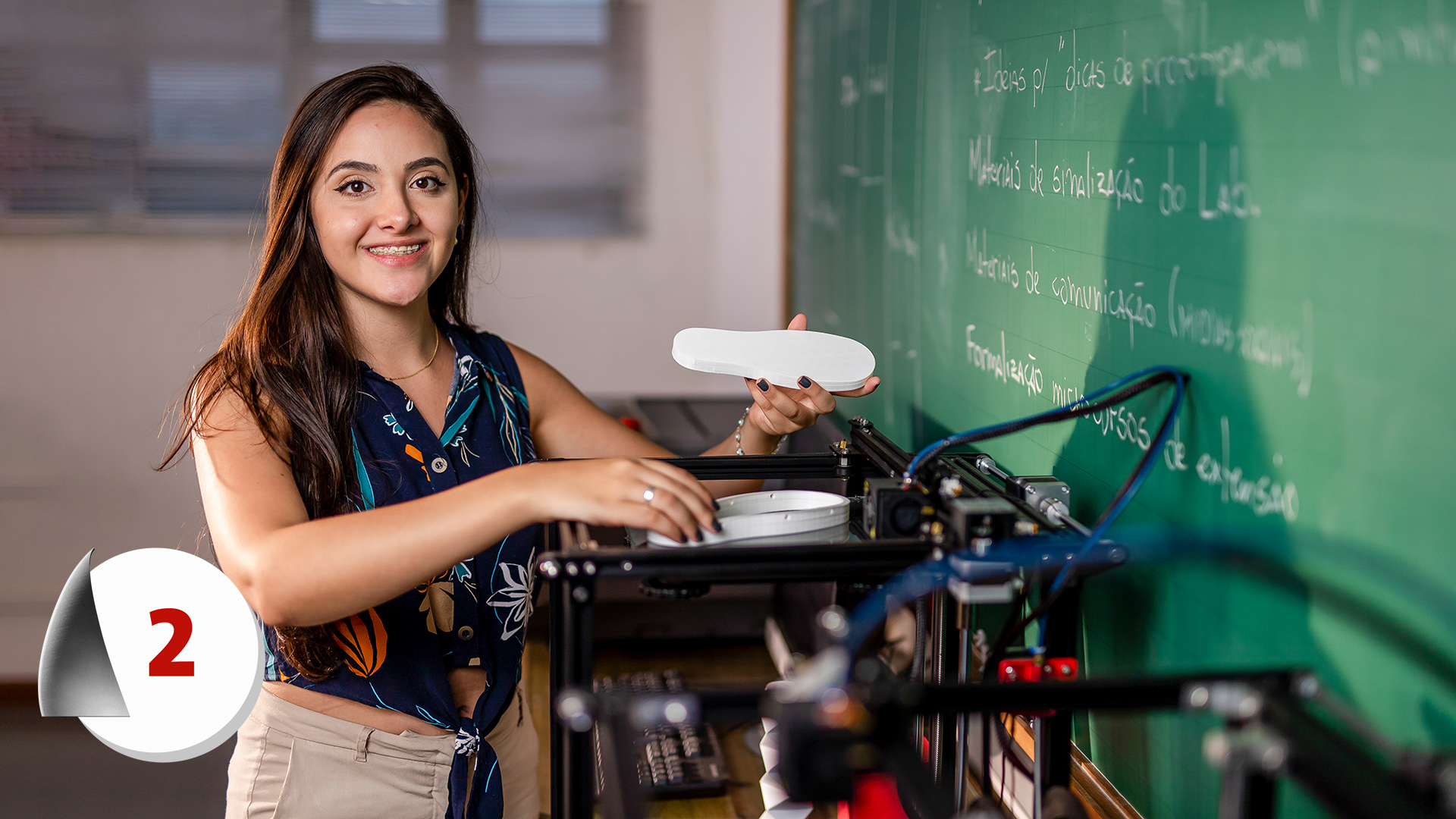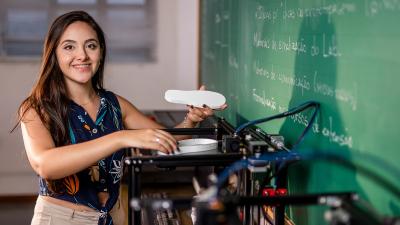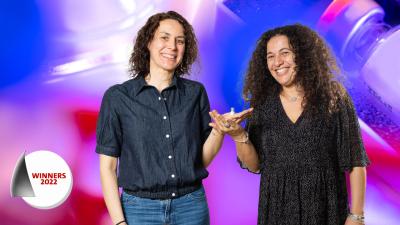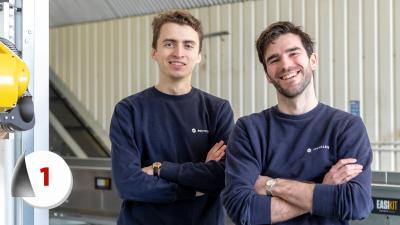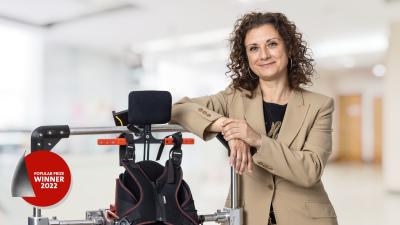Rafaella de Bona Gonçalves
Biodegradable pads and tampons to combat period poverty
Runner-up of the Young Inventors prize 2022
UN Sustainable Development Goals :
- UN SDG 1 (No Poverty)
- UN SDG 3 (Good Health and Well-Being)
- UN SDG 5 (Gender Equality)
- UN SDG 6 (Clear Water and Sanitation)
- UN SDG 12 (Responsible Consumption and Production)
As part of a product design course, Rafaella De Bona Gonçalves began to think about different forms of poverty and interviewed homeless women in Brazil. There, she first heard about period poverty: inadequate access to sanitary products, washing facilities and waste management impacting at least 500 million people worldwide every month. Homeless women are particularly affected as they cannot afford sanitary products and often improvise, leading to infections and further social stigma.
Initially, she designed "Maria - Intimate Absorbent", a toilet paper-like roller that unspools connected sheets of pre-cut absorbents to be torn off, unfolded and rolled up into tampons of any size. Later, she developed another product which can either be used as a sanitary pad with adhesive strips or torn along perforations and converted into two tampons. The visual makeover included attractive packaging, which has enabled her distribution partner, Eco Ciclo, to market a premium product and adopt a social enterprise model. With little government support to distribute these products to disadvantaged groups, Eco Ciclo will pursue a "buy one, donate one" approach, where each sale covers the cost of a product donation.
Towards the UN Sustainable Development Goals (UN SDG)
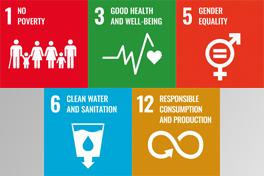
By using harvest waste and biodegradable material, some of which is sourced from co‑operatives that employ disadvantaged women, the innovation addresses UN SDG 12 (Responsible Consumption and Production). The products are cheap to produce and free for those who cannot afford them, contributing to UN SDG 1 (No Poverty), UN SDG 3 (Good Health and Well-Being), UN SDG 5 (Gender Equality) and UN SDG 6 (Clear Water and Sanitation).
Media gallery
Press materials
Access materials for journalists
Press release: Biodegradable pads and tampons to combat period poverty: Rafaella de Bona Gonçalves named Young Inventors prize 2022 finalist Press release:Brazilian Rafaella de Bona Gonçalves (25) runner up in Young Inventors prize 2022 for work to tackle period poverty Press photos/videosContact
European Inventor Award and Young Inventors Prize queries:
european-inventor@epo.org Subscribe to the European Inventor Award newsletterMedia-related queries:
Contact our Press team#InventorAward #YoungInventors
